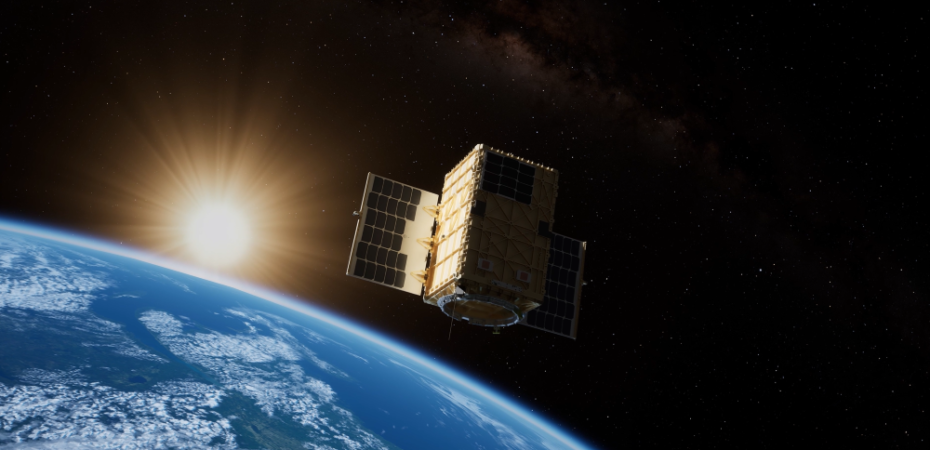Boeing hopes to launch the Q4S satellite in 2026 “to demonstrate quantum entanglement swapping, a process in which two pairs of quanta- in this case, photons- become linked so that a change to one immediately affects the other; no mater their distance.” This is an example of what Einstein referred to as “spooky action at a distance” and it will allow for a quantum transfer of information. Boeing hopes this demonstration will lay the building blocks for a quantum communications network that could link quantum computers and and sensors, enabeling “a variety of presumed impossible tasks, such as quantum telescopes that could capture and process information at the single-photon level.”
In terms of cybersecurity, Quantum computing is usually discussed because of its inherent capability to undermine encryption as a quantum computer’s extreme speed can allow them to break current encryption algorithms with great speed. Thankfully, current quantum computers are extremely complex and expensive, making them vary rare. This also means that, for the time being at least, a functioning Quantum Network could be an inherently secure means of transferring great amounts of data. While the article does not mention security as a quantum network selling point it is easy to imagine that a quantum network would quickly be adapted for military purposes. It should also be noted however, that quantum networks will not always be secure. As quantum encryptions advances so too will quantum hacking. Engineers working quantum networks must ensure they bake in security from the start of any program or their system will eventually become vulnerable to attack.
Works Cited:
Reim, Garrett, (2024), Boeing Entanglement-Swapping Test Is Critical for Quantum Network. Aviation Week & Space Technology September 16-29. https://aviationweek.com/space/satellites/boeing-test-quantum-entanglement-swapping-satellite
